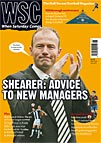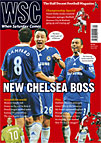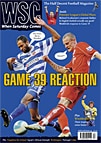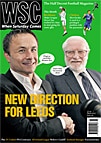 John Morrow examines a season in which football took a backseat to politics as Derry City were forced to resign from the league
John Morrow examines a season in which football took a backseat to politics as Derry City were forced to resign from the league
The long-term significance
The Northern Irish Troubles, which had broken out in earnest in 1969, cast a long shadow over football in the province as nationalist-supported side Derry City resigned from the league during the course of the season. Derry, whose Brandywell ground is located near the city’s Bogside area – the scene of fierce rioting in 1969 and Bloody Sunday in January 1972 – had been forced to play home games at Coleraine’s Showgrounds since September 1971 due to the fears of unionist-supported teams entering the area. Unable to sustain senior football, Derry City were put on the road to joining the League of Ireland in 1985 and remaining outside Northern Irish football to this day.



